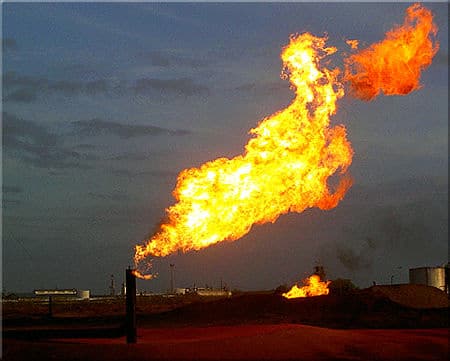You know, it’s a hard life being a multinational oil executive. Billion dollar profits to reap, climate deniers to fund, indigenous and impacted community rights to trample all over. So I thought I’d help them out with some strategic planning advice. Here’s my quick guide on how to lobby based on bogus information, in three easy steps:
Step 1. Find a report that’s related (at least somewhat) to the issue you want to lobby on.
Step 2. Rewrite it completely, twisting up all the facts and drawing the opposite conclusion. Publish.
Step 3. Wine and dine all of your government friends while exhalting that you’re “just trying to help them” by providing them with some “useful analysis” that will save them money.
Sounds far fetched, doesn’t it?
It’s not.
The report in question – the original, that is – is called Roadmap 2050. It was published by the European Climate Foundation, a green policy analysis think-tank, and looks in depth at energy options, investments, and policies needed in order to meet Europe’s goals of reducing carbon emissions 80% by 2050. They found that rapid investment in renewable energy was by far the best means of meeting Europe’s energy needs and simultaneously cutting greenhouse gas emissions. No real surprise there, but important work nevertheless.
Wanting to ensure their analysis stood up to scrutiny, and could be built upon easily by governments wanting to implement the recommendations, ECF published all of the components of the report, including the facts, figures, and statistics, under an open source “creative commons” license.
What it seems the European Climate Foundation didn’t realise at the time was that one of the contributors they’d commissioned to work on the technical and economic analysis in the report, McKinsey and Company, was soon to have another client.
Enter the European Gas Advocacy Forum (EGAF), an industry lobby group representing Statoil, Centrica, Eni, E.ON Ruhrgas, Gazprom, GdF Suez, Qatar Petroleum and Shell. (I’d link to the EGAF but they don’t seem to have a website, only a trail of press releases and mentions here and there.)
EGAF is heavily involved in lobbying to promote unconventional gas fracking, the new front in Big Oil’s desperate quest to come up with ever more insane ways to extract fossil fuels out of the ground as conventional supplies dwindle. Fracking involves pumping a toxic mix of chemicals under pressure down into shale deposits, in order to literally break up the rock, releasing the gas trapped within. The process is far from benign. A recent report from Cornell concludes that once methane leaks released by the fracking process are taken into account, shale gas could be even worse for the climate than coal over the lifetime of any new power plants built to burn it, and the ongoing saga of impacts on local communities from fracking continued earlier today in Pensylvania when a well blowout caused a major spill of toxic fracking fluid into the environment. The spill has not yet been contained.
European Gas Advocacy Forum, the industry group, commissioned McKinsey and Company to take the open-sourced analysis from the European Climate Forum and re-work it. By distorting both the economic analysis, and failing to account for the true emissions impacts of unconventional gas, they generated a bogus claim that the EU could meet its emissions targets and save 900 billion Euros by 2050 by investing not in renewables, but instead in new gas fired power stations.
EGAF then proceeded to lobby extensively based on their new version of the report. According to The Guardian, industry insiders say it gets pulled out by the gas companies at every meeting, and others are incensed at the EGAF’s actions. “The way in which this has been distorted by the gas industry is unbelievable,” said one insider.
The European Climate Foundation has been quick to distance itself from the abuse of its work. “We in no way endorse this report. Heavy dependency on gas, as this report seems to suggest, is not a viable alternative to a low-carbon generation network with low dependence on fossil fuels in terms of cost, energy security, or climate resilience.”
Isn’t it about time Big Oil started investing in the clean energy future we need rather than doctoring reports and attempting to lobby their way to more dirty energy profits?
Photo of gas flaring by todbaker (Flickr)
Subscribe to our newsletter
Stay up to date with DeSmog news and alerts






